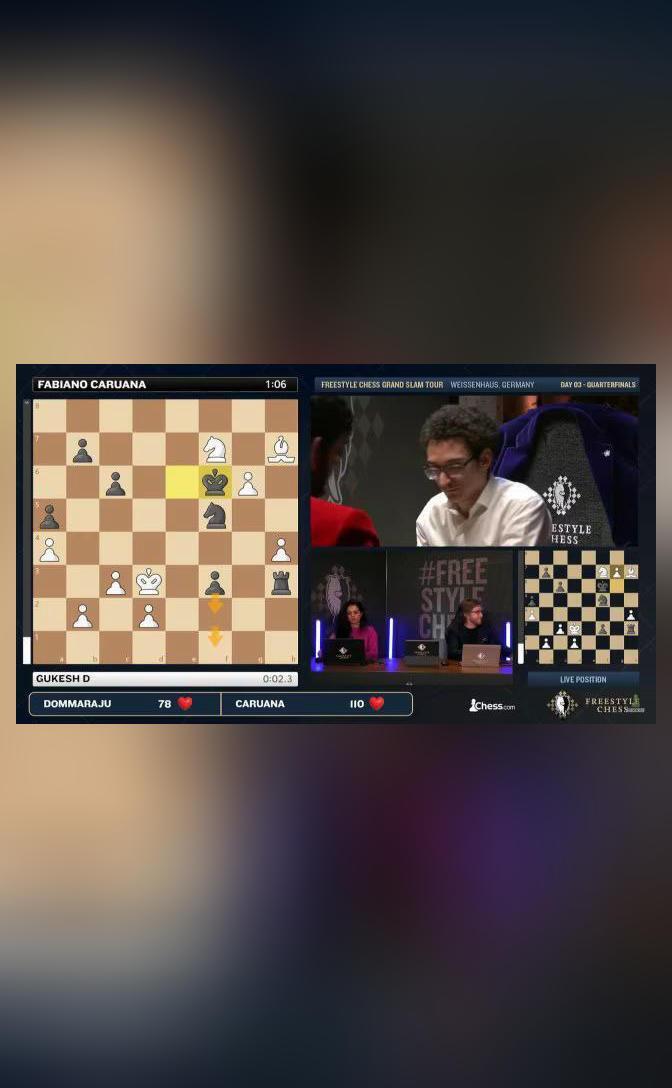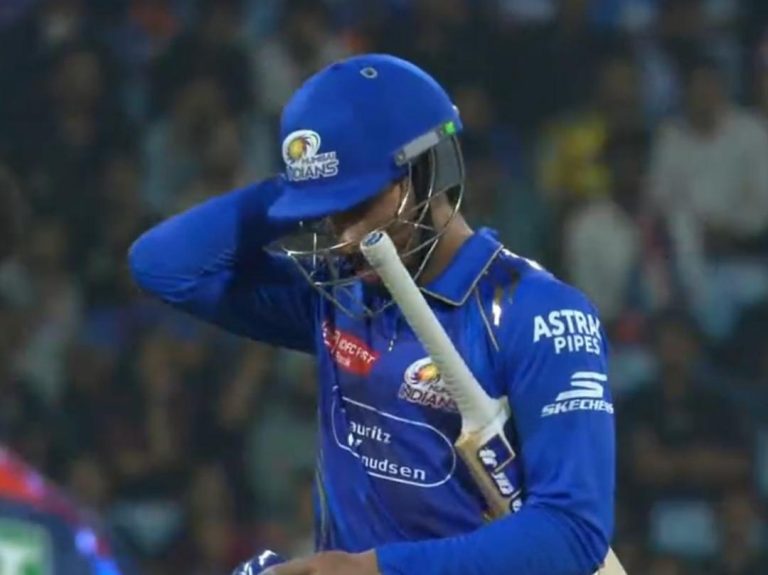
Title: Grandmasters React as Gukesh D Maintains Heart Rate in 60s, 70s; Leko Asks ‘Who is He?’
The world of chess is abuzz with the incredible performance of World Chess Champion Gukesh D, who has been making waves with his seemingly unbeatable calmness and composure during matches. The 18-year-old Indian grandmaster has been maintaining a heart rate in the 60s and 70s, even when facing intense pressure and competition. This remarkable feat has left many in the chess community stunned, with even seasoned players like Hungarian grandmaster Peter Leko and World Number Three Fabiano Caruana expressing their amazement at Gukesh’s remarkable ability to remain calm under fire.
In a recent interview, Leko was heard asking, “How does he do it? Who’s he?” Caruana, on the other hand, was equally impressed, saying, “70 BPM…That’s impressive. Of course…you can see…like me he also gets nervous. But his heart rate doesn’t elevate.”
So, what makes Gukesh D so special? What is behind his remarkable ability to maintain a steady heart rate, even when the stakes are high? To answer these questions, let’s take a closer look at the science behind chess and the mind of a grandmaster.
Chess is a game that requires immense mental focus, concentration, and strategic thinking. It is a game that involves a deep understanding of openings, middlegame strategies, and endgames, all of which require a high level of mental acuity. Grandmasters like Gukesh D have spent years honing their skills, studying the game, and developing their own unique styles and approaches.
But what sets Gukesh apart from other grandmasters is his remarkable ability to remain calm and composed under pressure. This is not a new phenomenon, as many great chess players have exhibited similar traits throughout history. However, Gukesh’s level of calmness is unprecedented, and his ability to maintain a steady heart rate, even when losing, is truly remarkable.
So, what is behind Gukesh’s remarkable ability to remain calm? According to experts, it is a combination of factors, including his upbringing, his training, and his mental approach to the game.
Gukesh, who hails from India, has been playing chess since he was a young boy. He was born into a family of chess enthusiasts and was encouraged to take up the game from a young age. His parents, who are both chess players themselves, recognized their son’s natural talent and supported him every step of the way.
Gukesh’s training was also key to his development as a chess player. He began attending chess camps and tournaments at a young age and was mentored by some of the best coaches in the world. He spent countless hours studying chess, analyzing games, and practicing his skills.
But what really sets Gukesh apart is his mental approach to the game. He has a unique ability to detach himself from the game and focus solely on the task at hand. This allows him to remain calm and composed, even in the most intense situations.
Gukesh’s mental approach is rooted in his upbringing and training. He was taught from a young age to focus on the process, rather than the outcome. This allowed him to develop a sense of detachment from the game, which enabled him to remain calm and composed, even when facing intense pressure.
In conclusion, Gukesh D’s remarkable ability to maintain a heart rate in the 60s and 70s is a testament to his remarkable mental toughness and focus. His upbringing, training, and mental approach to the game have all contributed to his remarkable ability to remain calm under pressure.
As we continue to watch Gukesh’s remarkable performances on the chessboard, it is clear that he is a force to be reckoned with. His ability to remain calm and composed, even when facing intense pressure, is a quality that sets him apart from other grandmasters. As we continue to follow his journey, it will be fascinating to see how he continues to develop and grow as a chess player.






